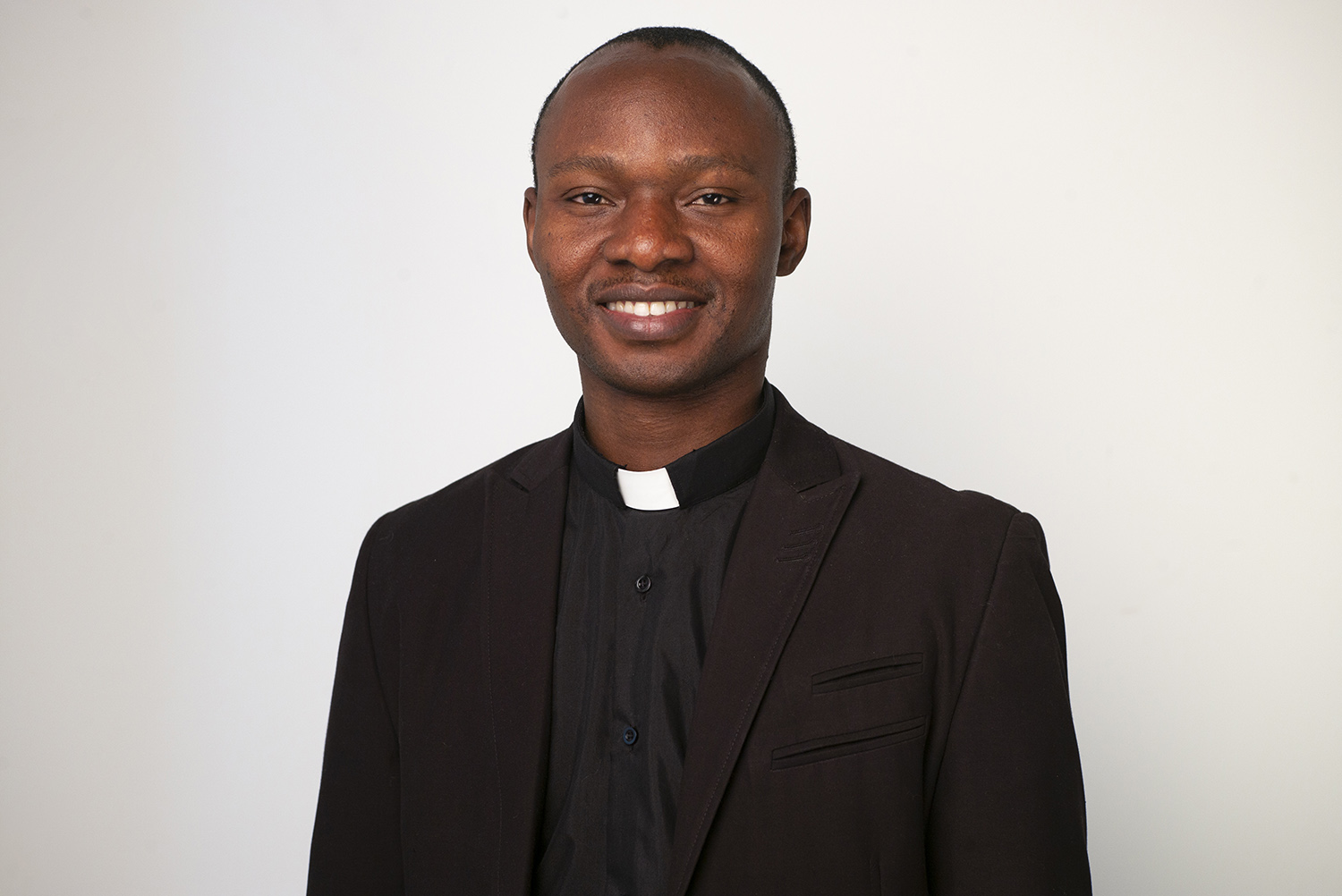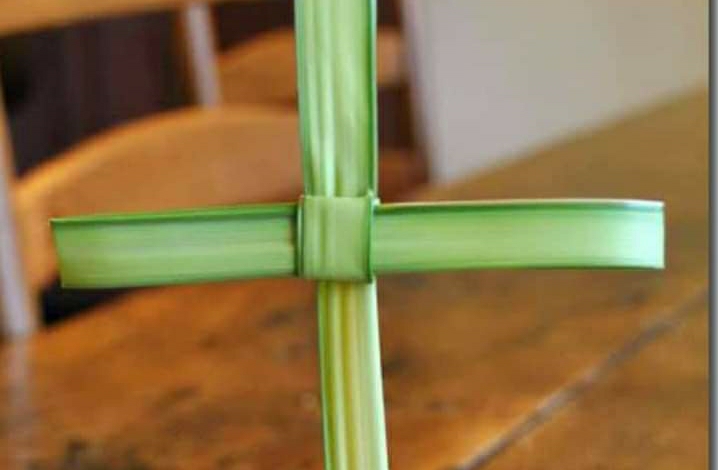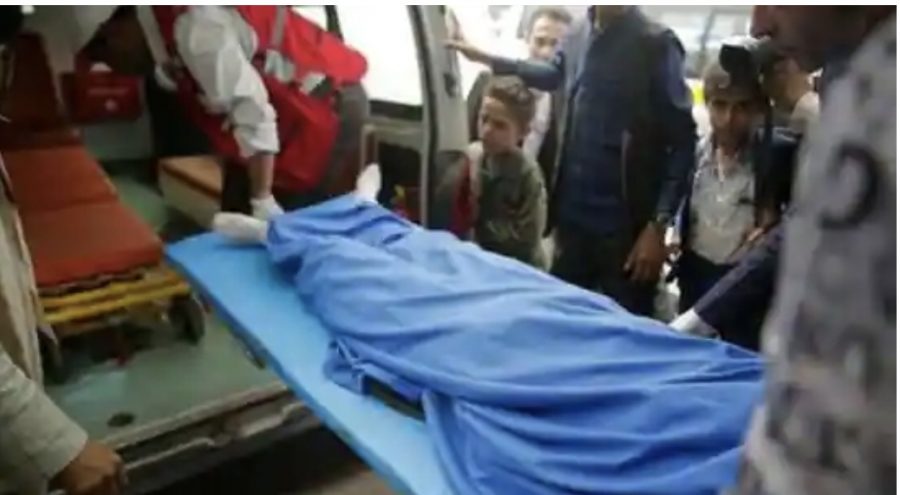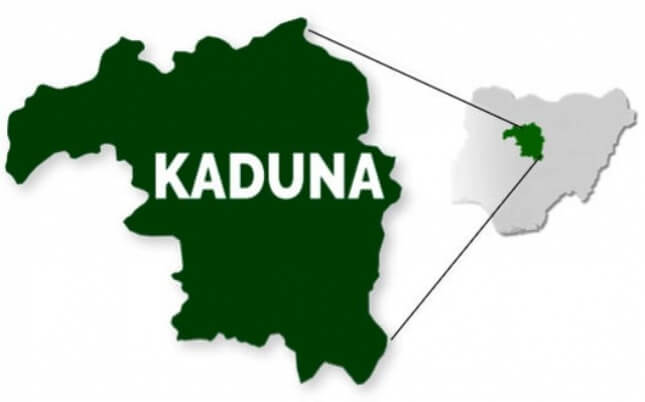Christians around the world mark Palm Sunday, the beginning of Holy Week, the Christian Association of Nigeria (CAN) has called for peace and unity in the country.
Extending warm greetings to all the faithful and people of goodwill across the nation on Palm Sunday, CAN said the sacred occasion invites citizens to reflect deeply on the life and mission of Jesus Christ, whose message of peace, humility, and sacrificial love remains as urgent today as it was over two thousand years ago.
This was contained in a statement released by the Christian body on Sunday, and signed by its President, Archbishop Daniel Okoh.
The umbrella body for Christians in Nigeria also strongly condemned the recent wave of brutal killings in Plateau State, particularly the April 4, 2025 attacks that claimed dozens of innocent lives in Bokkos and Mangu Local Government Areas.
It added that the acts of violence represent not only a gross violation of human dignity and the sanctity of life but also a serious threat to our national unity and peace.
CAN called on the security agencies to act swiftly and decisively in bringing the perpetrators to justice.
The statement read in part, “Palm Sunday commemorates the triumphal entry of Jesus Christ into Jerusalem, where He was welcomed with palm branches and shouts of “Hosanna!”—a powerful symbol of peace, humility, and hope.
“This moment, recorded in the Gospels (Matthew 21:1–11, Mark 11:1–11, Luke 19:28–44, and John 12:12–19), offers enduring lessons for our nation as we navigate these uncertain and challenging times. These lessons are especially pertinent as we are once again confronted with a painful reminder of the fragility of peace in our land.
With deep sorrow, CAN strongly condemns the recent wave of brutal killings in Plateau State, particularly the attacks of 4 April 2025, which claimed the lives of dozens of innocent citizens in Bokkos and Mangu Local Government Areas. These senseless acts of violence represent not only a gross violation of human dignity and the sanctity of life but also a serious threat to our national unity and peace.
“We call on the security agencies to act swiftly and decisively in bringing the perpetrators to justice. We also urge the government—at all levels—to intensify its efforts to secure all communities and prevent further bloodshed. The continued loss of lives in such tragic circumstances is simply unacceptable.
“We stand in solidarity with the bereaved families and the people of Plateau State. May God grant comfort to the grieving, healing to the wounded, and peace to every troubled heart. In times like these, we are reminded that true leadership is most vital when lives are at risk and communities are in distress.
“In this critical moment, we call on our leaders to rise to the occasion with humility and a clear sense of purpose. Jesus’ choice to enter Jerusalem on a donkey—symbolising peace and servanthood—remains a timeless example. Our leaders must embrace the principles of servant leadership, placing the welfare of the people above personal or political interests. Amidst insecurity, economic hardship, and displacement, let their actions be marked by compassion, justice, and a steadfast commitment to national healing.
In the same spirit, we appeal to all Nigerians—regardless of ethnicity, religion, or political affiliation—to rise above division and embrace our shared identity as one people under God. Just as the diverse crowds in Jerusalem were united in hope, so too must we come together with a common purpose: to heal our land and build a future grounded in mutual respect, compassion, and solidarity.
“Palm Sunday reminds us that even in times of trial, there is hope. The journey to national renewal begins with each of us. Let us be mindful of our words and actions, choosing to be peacemakers in our homes, communities, and workplaces. Through a shared commitment to truth and justice, we can overcome the pain of the present and help shape a Nigeria where every citizen has the opportunity to thrive.
“As we lift our palm branches today, let them serve not only as symbols of worship but as signs of our collective resolve to work for a peaceful and united Nigeria. May God grant us wisdom, courage, and grace in these trying times. We pray for our leaders, that they may be guided by divine insight; for our people, that they may draw strength from unity; and for our nation, that peace may reign in every corner.
“God bless you all, and God bless the Federal Republic of Nigeria.”








